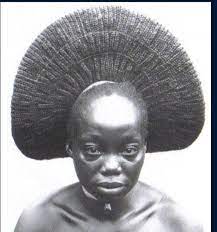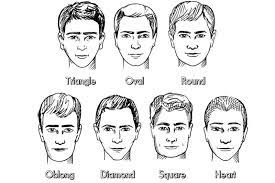
Black hair has naturally curly locks that are thicker than other varieties, making it vulnerable to heat damage and drying out.
Origins
Curly hair among black people may have evolved to protect the scalp and keep it cool. Black hair tends to possess higher levels of keratin protein, meaning it can better endure heat and humidity, leading to more textured locks that curl when dry. Hairstyles such as box braids, dreadlocks, and bantu knots originated in Africa and were worn by both men and women before European slave traders arrived in the 15th century.
Symptoms
Afro hair features sharp bends and coils, which create stress points prone to breakage. Its curly texture restricts natural oil flow from the scalp to the hair shaft strand, leading to dryness and brittle ends. Additionally, black hair’s oily nature can lead to build-up around hair follicles, causing flaky scalp and itchiness. Furthermore, excessive tension placed upon curly and kinky locks compromises their elasticity, making it challenging to maintain length.
Treatments
Curly and kinky locks require special care to remain healthy. Deep conditioning treatments are highly recommended for curly or kinky locks to combat dryness. Heat protectants should be used before styling with heat tools, such as blow dryers or hot combs, to prevent heat damage. Silk pillowcases can reduce friction and tangling, leading to less breakage. Moisturizers and nourishing butter should be used daily to lock in moisture.
Prevention
Black hair growth rates tend to be slower, and it is more susceptible to damage from heat styling tools. Due to its curly nature, sebum does not spread evenly, leading to dryness and breakage. To prevent this, it is vital to use heat-protecting products when styling and detangling the hair. Regular moisturization with leave-in conditioner or deep conditioning treatments is essential. Protective hairstyles like braids, twists, bantu knots, or weave extensions can also help protect the hair and prevent overwashing.

